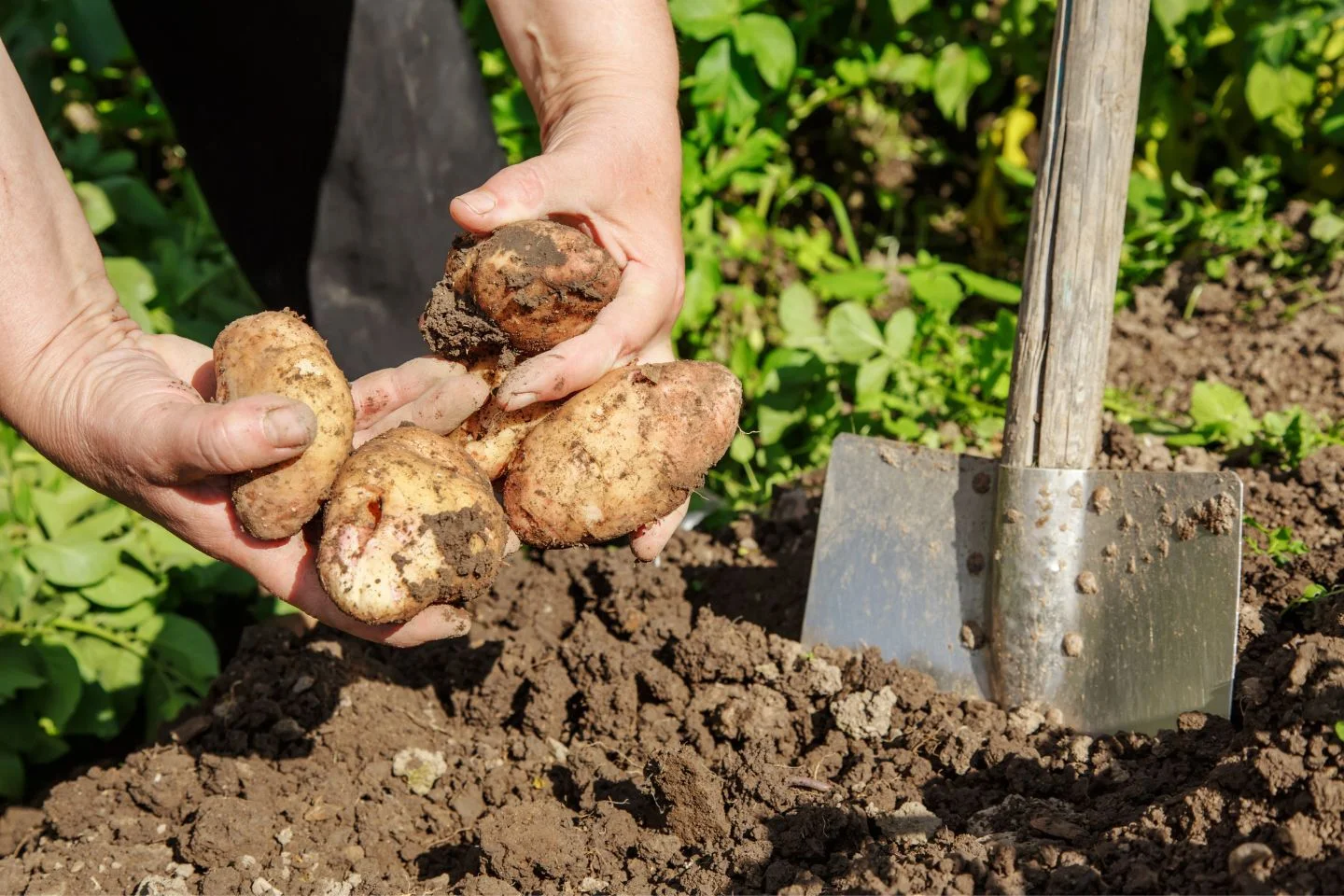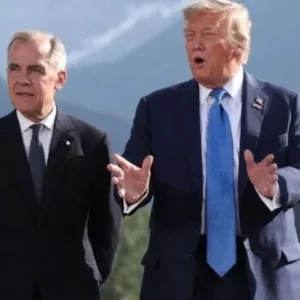Russia is currently experiencing a drastic shortage of one of its staple foods: potatoes.
Even President Vladimir Putin recently admitted in a TV address that the country does not have “enough potatoes” – a statement that caused a stir in Russia. The statement was broadcast on Russian state television and, according to the Bild newspaper, sparked discussions even in the highest government circles.
According to an analysis by the Berliner Morgenpost, the causes of the crisis are complex: a poor harvest last year had already severely reduced stocks. At the same time, economic sanctions and ongoing logistical problems had severely limited the possibilities for imports. Attempts to source potatoes from neighboring Belarus also failed – according to Russian government documents, Belarus has exhausted its own supplies and is unable to export.
The crisis is particularly drastic at supermarket checkouts. The Russian statistics agency Rosstat reported that the price of potatoes rose by a whopping 92 percent in 2024. But that’s not all: by May 2025, the price had risen again by 166.5 percent compared to the previous year, according to a recent report by the online magazine Telepolis. This means that potatoes are currently considered the fastest-rising staple food in Russia.
The social consequences are noticeable. According to the Russian Ministry of Agriculture, a reduced availability has already been reported in rural regions where potatoes are often a staple food. Media reports such as those in the Bild newspaper also tell of people turning to markets in the provinces, where potatoes are sometimes cheaper or even still available.
In response to the debate about the shortage, the Russian government announced various countermeasures. According to information from the Moscow business newspaper Vedomosti, there are plans to expand subsidies for domestic potato cultivation. In addition, more efficient storage and distribution are being examined to reduce crop losses and avoid shortages in the future.














Recent Comments